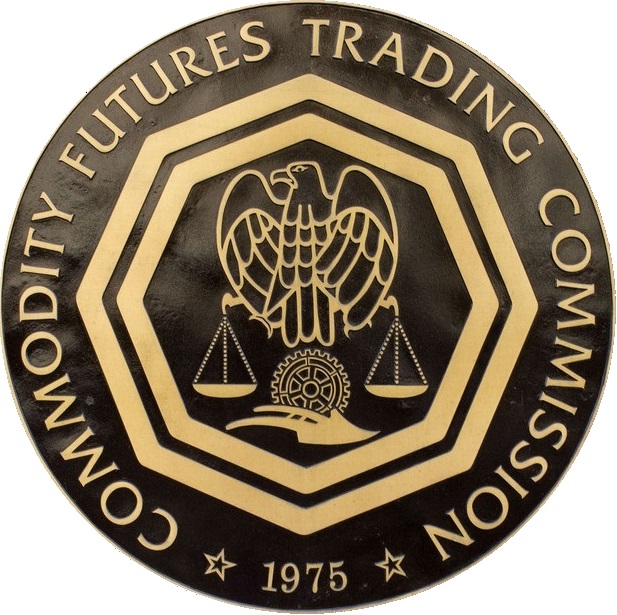Commodity Futures Trading Commission Launches Cooperation Initiative

When investigating potential wrongdoing, government investigators have powerful tools that they can use to obtain information. As the U.S. Attorneys’ Manual explains, one such tool is the ability to enter into non-prosecution agreements (NPAs) in exchange for cooperation from companies and individuals.
For example, if a corporate executive has valuable information to offer in a criminal investigation of his employer or other employees, the DOJ can enter into an NPA with that exec, agreeing not to prosecute him or her in order to secure the information.
The use of NPAs has spread beyond the DOJ to other enforcement agencies, most recently the Commodity Futures Trading Commission, or CFTC, which oversees trading in derivatives markets, such as the markets for gasoline, gold, and foreign currency.
In a recent blog post, my colleague Aitan Goelman (the former Enforcement Director of the CFTC) described how, for the “first time in recorded history,” the CFTC granted NPAs to former traders at Citibank Global Markets, Inc. The traders, who were relatively junior, provided information that the CFTC used to secure settlements and fines against other Citi traders and their employer. In exchange for this information, the CFTC agreed not to take action against them based on their own wrongdoing.
The Securities and Exchange Commission has also detailed its own cooperation initiative, which can include cooperation agreements recommending credit for assistance, deferred prosecution agreements (under which the SEC foregoes action for a period of time in exchange for full cooperation), and NPAs.
The rise of NPAs in investigations of corporate wrongdoing may not be unchecked, however. While a Senator, Attorney General Jeff Sessions questioned the use of NPAs and DPAs, as detailed in this blog post from FCPA Professor. It remains to be seen whether the Sessions-led DOJ will deemphasize NPAs in favor of foregoing more corporate prosecutions entirely or seeking more indictments and guilty pleas.
Information provided on InsightZS should not be considered legal advice and expressed views are those of the authors alone. Readers should seek specific legal guidance before acting in any particular circumstance.
As the regulatory and business environments in which our clients operate grow increasingly complex, we identify and offer perspectives on significant legal developments affecting businesses, organizations, and individuals. Each post aims to address timely issues and trends by evaluating impactful decisions, sharing observations of key enforcement changes, or distilling best practices drawn from experience. InsightZS also features personal interest pieces about the impact of our legal work in our communities and about associate life at Zuckerman Spaeder.
Information provided on InsightZS should not be considered legal advice and expressed views are those of the authors alone. Readers should seek specific legal guidance before acting in any particular circumstance.




